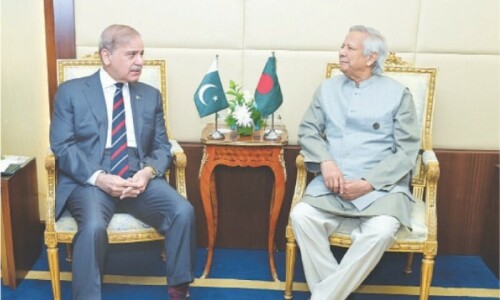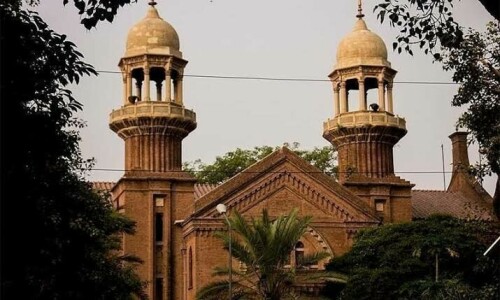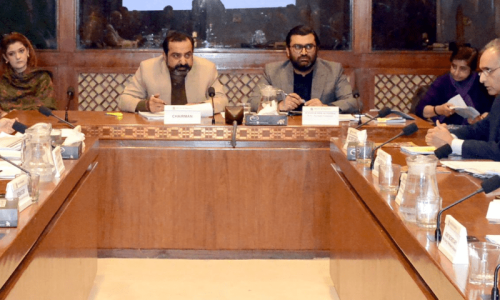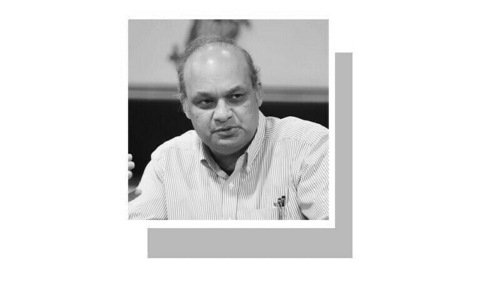WASHINGTON: The United States has repatriated two Pakistani brothers who were held at the Guantanamo Bay prison camp without any charge, the US Department of Defence announced on Friday.
The two brothers, Mohammed Ahmed Ghulam Rabbani, 53, and Abdul Rahim Ghulam Rabbani, 55, were detained over alleged links to terrorism.
According to The New York Times, they were never charged with any crimes during the 20-year custody.
In a statement, the Foreign Office said that the release was a result of “an extensive inter-agency process”.
Both were picked up from Karachi in 2002
“We are pleased that these Pakistani nationals have finally reunited with their families,” the statement added.
A Pentagon statement said that on May 13, 2021, a review committee determined that Mr Abdul’s detention was “no longer necessary to protect against a continuing significant threat to the security of the United States”. Later, on Aug 17, a review board endorsed the committee’s findings.
The board also determined that the “national security risk” from Mr Mohammad could be “adequately mitigated”.
Earlier this year on Jan 18, US Secretary of Defence Lloyd Austin told Congress that the two brothers would be repatriated to Pakistan and that requirements were completed for the transfer.
“The United States appreciates the willingness of the government of Pakistan and other partners to support ongoing US efforts focused on responsibly reducing the detainee population and ultimately closing the Guantanamo Bay facility,” the DoD’s statement added.
Although their transfer was approved in 2021, it’s unclear why the two brothers remained in prison, the NYT added.
The repatriation brings the number of released Pakistani prisoners from the Guantanamo Bay prison to four.
Earlier this month, the Biden administration transferred Majid Khan, 42, from Guantanamo Bay prison to Belize in Central America.
In Oct 2022, the facility’s oldest prisoner Saifullah Paracha, 75, was repatriated to Pakistan.
The brothers were captured by Pakistan’s security agencies in Karachi in September 2002. They arrived at Guantanamo
Bay in 2004 after being kept at a CIA-run detention site in Afghanistan for about 550 days, the NYT reported.
The younger Rabbani had distinguished himself at the prison as both a prolific artist and a determined hunger striker who survived on nutritional supplements, sometimes forcibly fed to him through a tube.
Before Mr Ahmed was freed, the Pentagon partially lifted a ban on the release of artwork made by prisoners.
It’s not clear if he was allowed to take the more than 100 paintings he made while incarcerated.
The US intelligence documents identified the two brothers as Pakistani nationals, born and raised in Saudi Arabia. They were of Burmese ethnicity with families in Karachi. Before their arrests, they were working as part-time taxi drivers.According to the Pentagon, the prison still holds 32 detainees — 18 eligible for transfer; three eligible for consideration by the Periodic Review Board; nine involved in the military commission’s process and two convicted by the military commission.
Published in Dawn, February 25th, 2023











































Dear visitor, the comments section is undergoing an overhaul and will return soon.